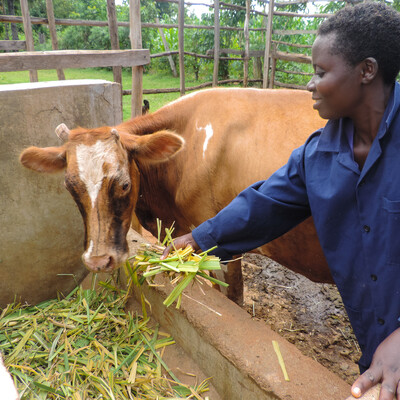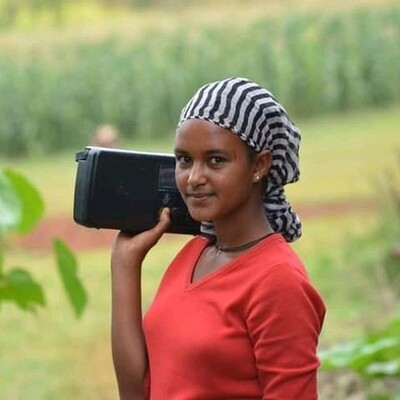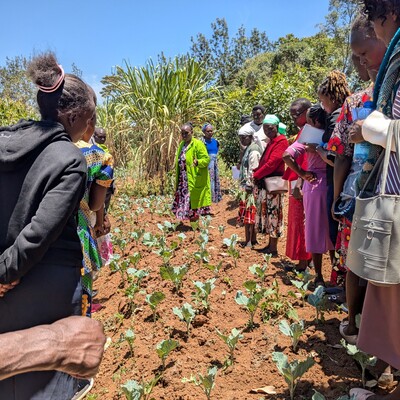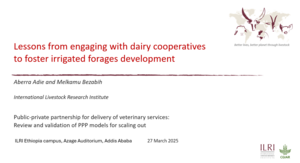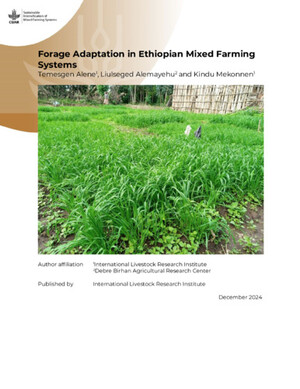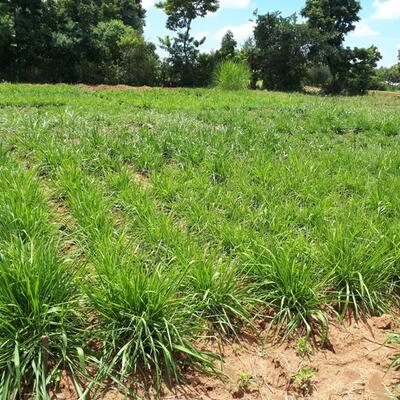

Workshop rolls out action plan for improving forage seed certification in Ethiopia
Building a robust forage seed certification system through collaboration and policy reform, is vital to transforming Ethiopia’s livestock sector, ensuring access to quality seeds, enhancing productivity, and fostering rural livelihoods.
Ethiopia’s crucial livestock sector faces challenges due to climate change and limited access to high-quality feed. Forage crops, which are rich in nutrients, offer a promising solution but adoption is limited by issues around production, quality and availability of forage seeds.
A robust forage seed certification system can be a game-changer, ensuring the quality and availability of high-yielding forage seeds, and ultimately improving livestock productivity and rural livelihoods. However, limited expertise, low productivity and inadequate infrastructure have stunted the development of a thriving forage seed industry. Consequently, farmers often struggle to access quality forage seeds, impacting their livestock’s health and overall farm profitability.
Coordinated efforts are crucial to unlocking the full potential of a commercial forage seed system. To this end, the International Livestock Research Institute (ILRI) is working with the SNV-Building Rural Income through inclusive Dairy Business Growth in Ethiopia (BRIDGE), Land O’Lakes Venture 37and Catholic Relief Service-FtF ESA projects to address key constraints facing the system. These challenges include lack of standardized seed production methods, weak seed quality control, and limited access to training and resources that hamper the transition from the current informal production and marketing system to a formal and commercial production and marketing system. This work is being done alongside projects like the Technologies for African Agricultural Transformation (TAAT), the CGIAR Initiative on Mixed Farming Systems (MFS), the Accelerating Impacts of CGIAR Climate Research for Africa (AICCRA) and the CGIAR Initiative on Diversification in East and Southern Africa or Ukama Ustawi (UU).

An effective forage seed certification system is a prerequisite for a formal and commercial forage seed system. Certification ensures the quality, purity, and identity of forage seeds, empowering farmers to make informed decisions and optimize their returns. Rigorous field inspections, seed testing, and strict adherence to established standards are vital components of this system.
Recent stakeholder consultations held by ILRI, Land O’Lakes, SNV, CRS, and Alliance Bioversity and CIAT(ABC) highlighted significant gaps in Ethiopia’s national forage seed certification system, including weak enforcement, limited capacity among inspection officers, and a lack of standardized procedures.
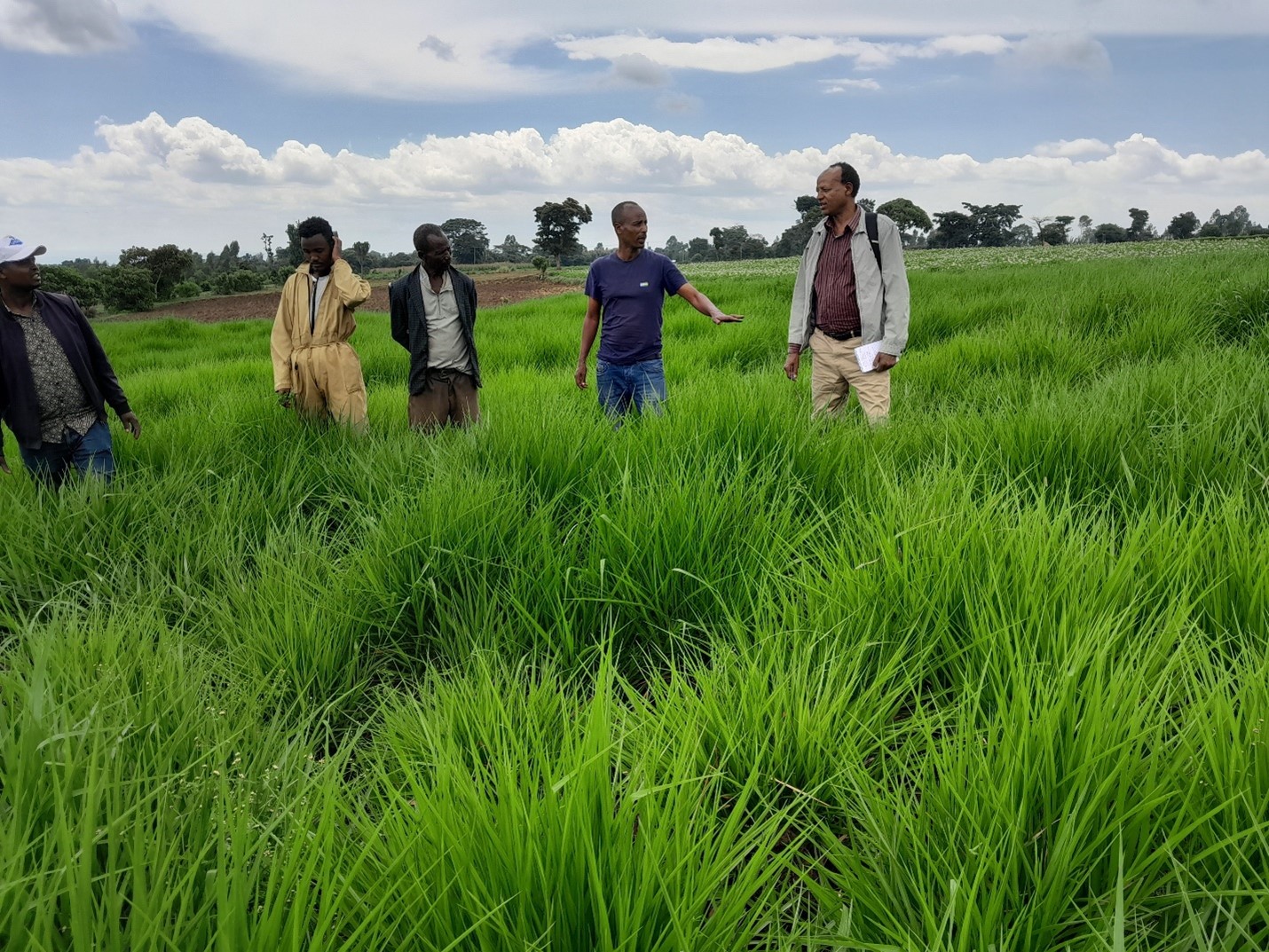
Strengthening the capacity and commitment of seed regulatory bodies was the focus of a recent training workshop and policy dialogue that brought together regional seed inspection experts and laboratory technicians, regional regulatory bureau heads, and officials from the Ethiopian Agricultural Authority. The workshop, held on July 29-31, 2024, in Adama and at the ILRI campus in Addis Ababa, aimed to enhance the experts’ capacity and lay the groundwork for more robust forage seed certification. In addition, the experts, private seed producers, researchers, and government representatives participated in a policy dialogue workshop to foster a comprehensive understanding of the forage seed certification ecosystem and devise strategic actions to revitalize the sector.
The training workshop focused on the intricacies of forage seed production and certification. Participants engaged in in-depth discussions on crucial aspects of forage seed production, including understanding the variety of forage crops, addressing challenges in seed production, and maintaining seed quality through proper handling. The workshop attendees also examined the current seed certification standards and their relevance to forage crops. Identifying areas for improvement and opportunities for collaboration were the main strategic objectives.
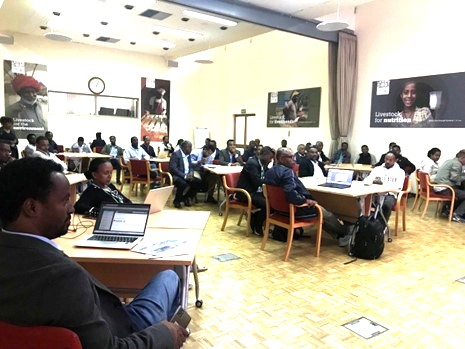
Key takeaways and collaborative action plans from the training and policy dialogue included:
• Strengthening market regulation by tackling illegal forage seed production and sales.
• Enhancing seed quality control by implementing rigorous testing and inspection protocols.
• Incentivizing certified seed production by providing financial support and market access to certified seed producers.
• Building capacity by offering comprehensive training and technical assistance.
• Standardizing procedures by developing clear guidelines for seed certification.
• Monitoring and evaluation by tracking progress and impact.
• Fostering collaboration by strengthening partnerships among stakeholders.
The training workshop ignited dialogue and discourse for transformative change in Ethiopia’s forage seed sector. Participants endorsed the proposed action points, demonstrating a collective commitment to building a robust and regulated forage seed system in the country.
Acknowledgments
In addition to the support from AICCRA, we acknowledge the funding from CGIAR Initiatives on Mixed Farming System, Ukama Ustawi: Diversification for Resilient Agrifood Systems in East and Southern Africa and Sustainable Animal Productivity, Technologies for African Agricultural Transformation (TAAT), ILRI Forage Genebank, Catholic Relief Service-FtF ESA Project, SNV-BRIDGE Project and Land O’Lakes Venture 37, and Sustainable Animal Productivity for Livelihoods, Nutrition, and Gender Inclusion( SAPLING).
For more information
https://hdl.handle.net/10568/162958
You may also like
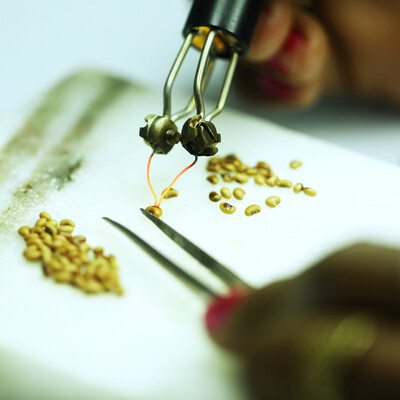
ILRI News
Developing forages to reduce the environmental impact of livestock in sub-Saharan Africa and increase their productivity

ILRI News
International Livestock Research Institute joins USD 27.4M global initiative to cut methane from livestock
Related Publications

Sustainable Intensification in Crop-Livestock Systems: ILRI’s Approach and Experience
- Mekonnen, Kindu
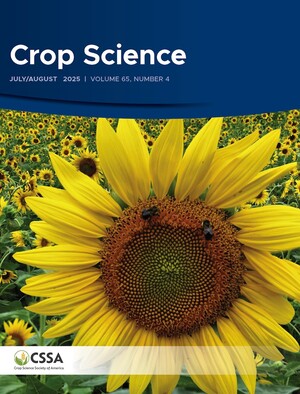
Population structure and genetic diversity of Brachiaria grass (Urochloa spp.) accessions from the Democratic Republic of Congo using DArTseq single nucleotide polymorphism markers
- Mushagalusa, P.B.
- Kimwemwe, P.K.
- Katunga, D.M.
- Mondo, J.M.
- Cirezi, N.C.
- Ayagirwe, R.B.
- Bacigale, S.B.
- Mutai, Collins
- Muktar, Meki S.
- Kimani, Wilson
- Jones, Christopher S.





